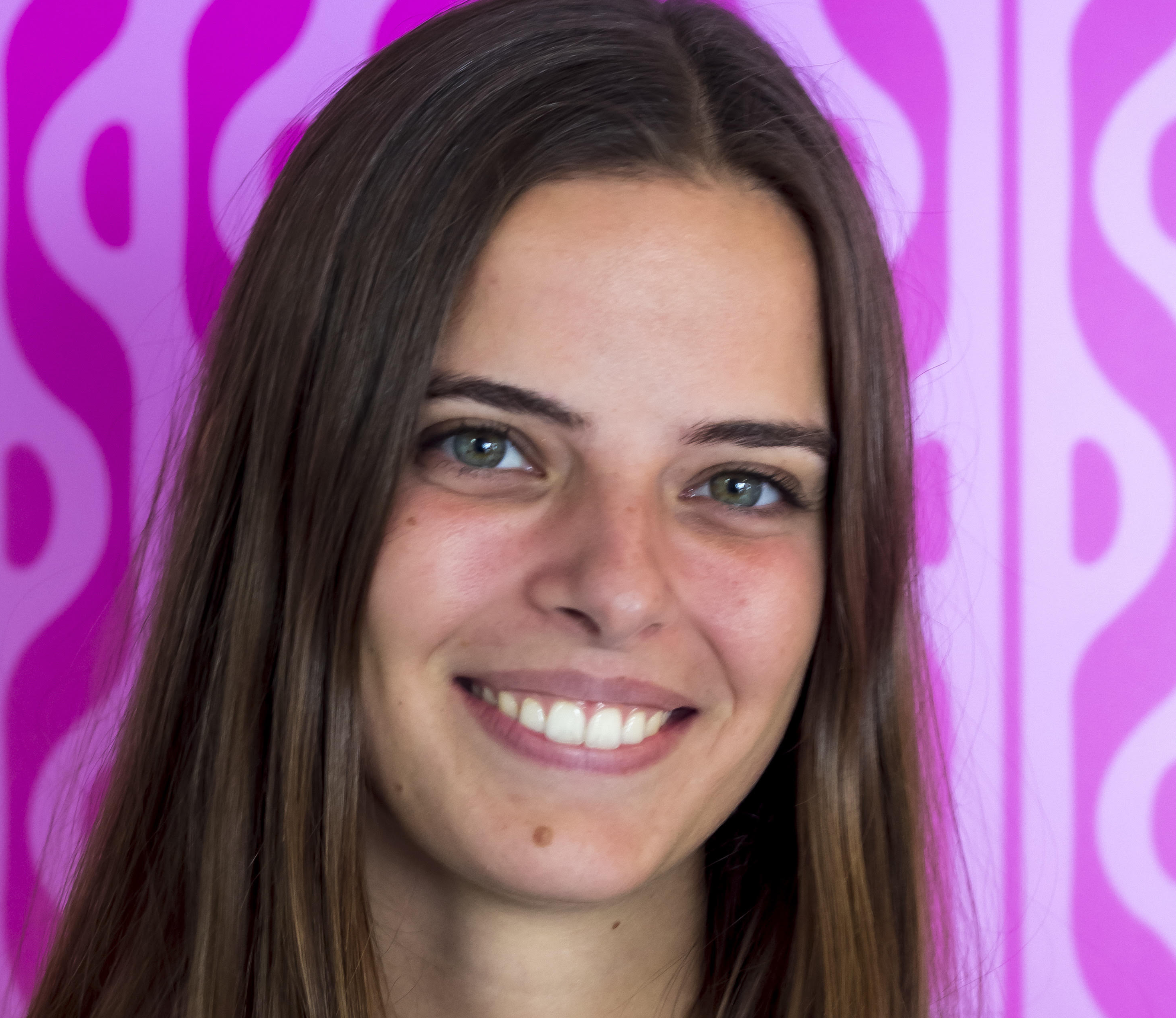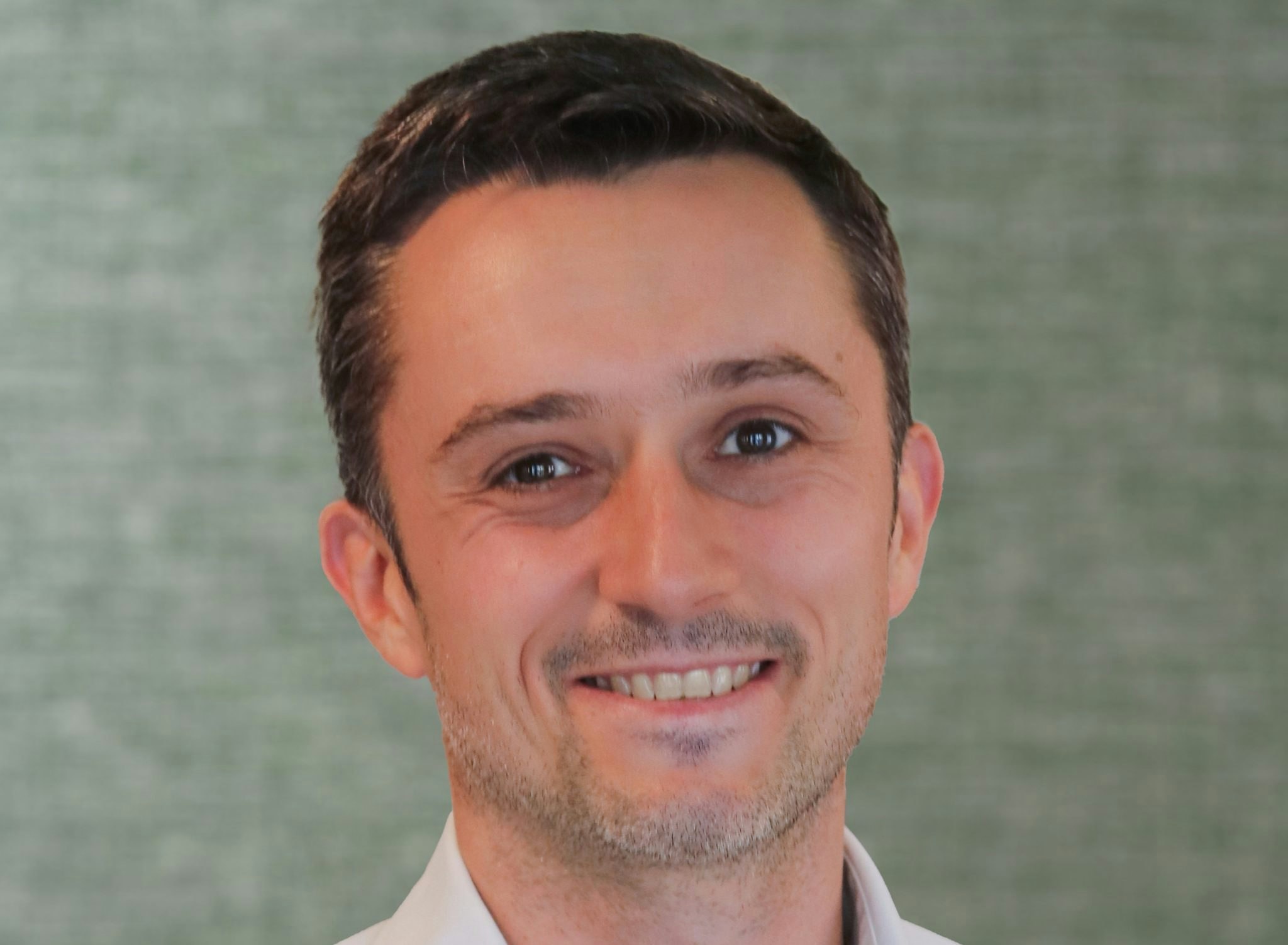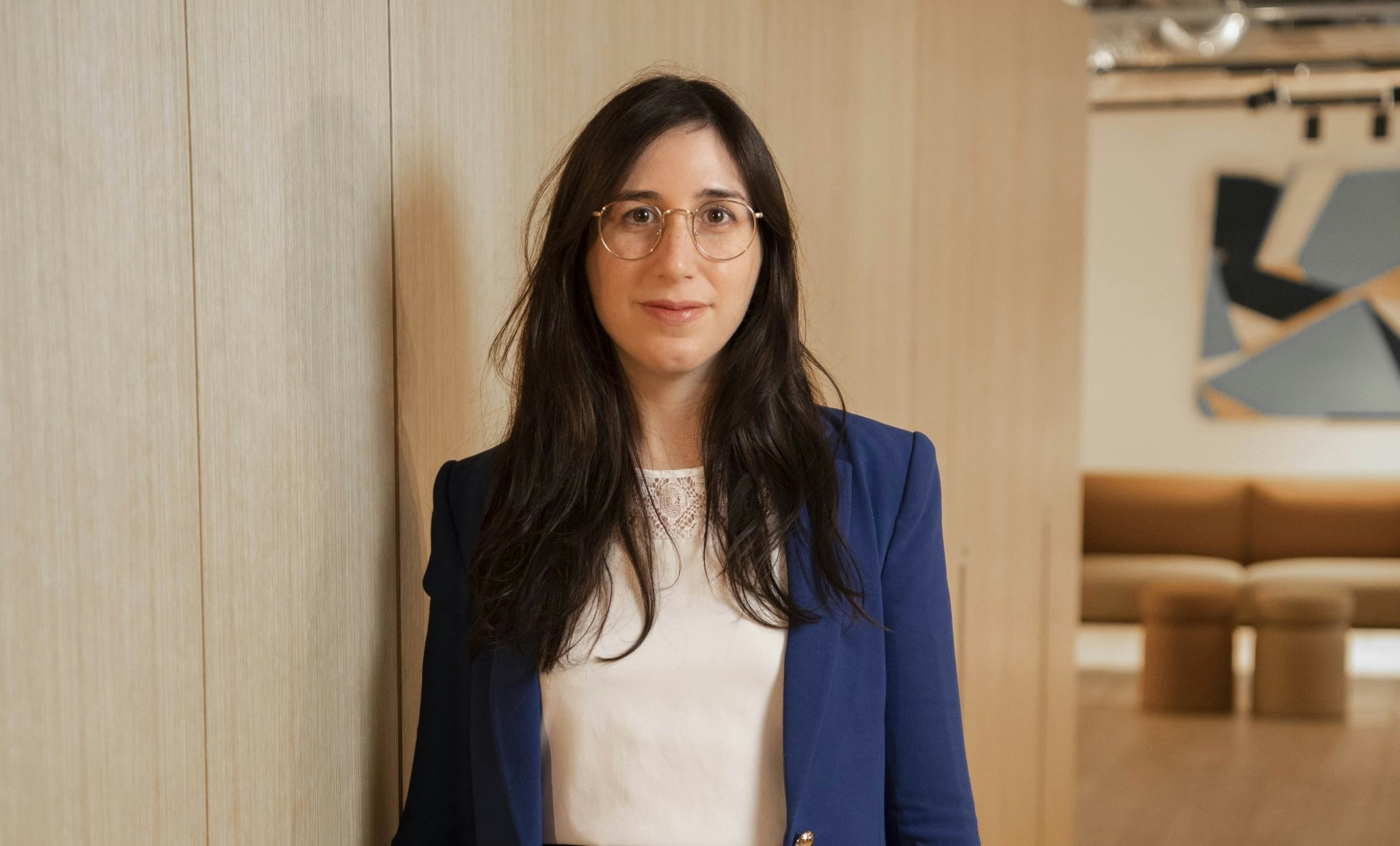French tech is often associated with Paris: two-thirds (62%) of total fundraising happened in and around the capital last year, according to startup and VC lobby France Digitale. In comparison, Germany saw Berlin-based startups secure less than 40% of total funding in 2023, according to EY.
Despite the concentration of funding in Paris, hubs are emerging across France. At the foot of the Alps, Grenoble is becoming a hotspot for deeptech — and made headlines last year when gigafactory scaleup Verkor raised a record €850m round. In the south, Toulouse is home to a large number of spacetech startups. Strasbourg, on the border with Germany, is a centre for medtech and robotics.
And while investors are still likely to see most of their deal flow coming out of the capital, many keep a close eye on opportunities in ‘the regions’. Sifted asked four VCs to share which non-Parisian startups they are keeping an eye on, which aren’t part of their portfolio.
Marie Ferri, investor at Daphni

Daphni is a VC firm based in Paris, which invests in European early-stage deeptech startups and sustainable projects. Its portfolio includes quantum computing startup Pasqal, and refurbished electronics platform Back Market.
Vema Hydrogen
HQ: Saint-Denis-en-Val (Centre-Val-de-Loire)
Hydrogen is seen as a potential driver of the energy transition but current production methods struggle to balance scalability, cost and efficiency. Vema Hydrogen is developing ‘orange hydrogen’ — a scalable and cost-efficient alternative based on the natural reactions between iron-rich rocks and water in the subsurface, which produce geologic hydrogen.
Elixir Health
HQ: Strasbourg (Grand Est)
The primary challenge in assisted reproductive technology (ART) is its high failure rate, with nearly 70% of first attempts proving unsuccessful. Elixir Health addresses this issue with various tools aimed at improving reproductive healthcare pathways. In addition to offering a coordination and patient communication platform, Elixir uses AI tools to help create personalised care protocols that can increase ART success rates.
Aerleum
HQ: Strasbourg (Grand Est)
Aerleum develops an alternative to fossil-based fuels called green methanol. The company has developed a technology that captures CO₂from the atmosphere and converts it into clean and cost-competitive methanol. Aerleum targets heavy and highly polluting industries like shipping, chemicals and aviation to drive industrial decarbonisation at scale.
Tantor
HQ: Bordeaux (Nouvelle-Aquitaine)
Tantor addresses the growing need for accessible home care for the senior population. Its platform connects seniors and their families with nurses and caregivers, and helps streamline care coordination between healthcare professionals. The model enhances the quality of care provided to seniors while also enabling caregivers to work in better conditions.
Rémi Berthier, investment director at Evolem

Evolem is the family office of Bruno Rousset, who founded insurance company April. It invests in various assets including property, startups and SMEs. The venture team backs B2B startups in France, from pre-seed to Series A.
Cilkoa
HQ: Montbonnot-Saint-Martin (Auvergne Rhône-Alpes)
Cilkoa develops a technology that applies an ultra-thin ceramic coating to materials like paper and cardboard — making them more durable and resistant while keeping them recyclable, compostable and biodegradable.
Fungu’it
HQ: Dijon (Bourgogne-Franche-Comté)
Fungu’it creates sustainable ingredients that can replace artificial additives — such as food colouring and sweeteners — in the food industry. The company’s approach consists of using fungi and agricultural by-products to create natural flavours through fermentation.
Hycco
HQ: Toulouse (Occitanie)
Hycco has developed a carbon fibre material to build bipolar plates — key components of hydrogen fuel cells, which are needed to power electric vehicles. The startup’s material produces plates that aim to have more power density and less weight — offering a cost-effective solution to decarbonise heavy mobility sectors.
eBikeLabs
HQ: Grenoble (Auvergne-Rhône-Alpes)
EBikeLabs has developed AI-powered software for e-bike manufacturers. The software computes data from integrated sensors in real-time to optimise the performance of the bike and adjust power assistance. It also offers features that are useful for ride-sharing platforms like virtual lock, remote check-up and predictive maintenance.
Anaïs Monlong, principal at Iris Capital

Iris is a Paris-based VC firm that backs tech companies from seed to growth. It has offices in Paris, Berlin and Munich.
Kotzilla
HQ: Toulouse (Occitanie)
Kotzilla has created an open-source app development framework called Koin, which is based on Kotlin — developers’ preferred language for building Android apps. Thanks to massive growth in mobile usage, Koin has been widely adopted by developers around the world, with monthly downloads reaching more than 10m. Kotzilla is well-positioned to provide an array of developer tools around Koin’s usage.
Vortex-io
HQ: Toulouse (Occitanie)
Vortex’s founders Guillaume Valladeau and Jean-Christophe Poisson have extensive experience in the space industry using space mission data to estimate sea level rise and have developed a tool that can predict flooding in real-time. The granularity of the technology can help unlock a wide range of new use cases for cities, companies, insurers and the leisure industry.
DrugOptimal
HQ: Grenoble (Auvergne-Rhône-Alpes)
The issue of drug incompatibilities, which occur when an unexpected reaction happens between a drug and a container or another drug, can impact up to 20% of medications in healthcare departments. DrugOptimal has a dedicated research lab focused on drug compatibility and has developed an AI model that can predict incompatibilities. With more than 30k incompatibility data points, the technology outperforms existing solutions — allowing healthcare practitioners to quickly assess potential risks for patients.
Ikomia
HQ: La Rochelle (Nouvelle-Aquitaine)
Ikomia provides a platform that curates computer vision models and lets developers discover, test, integrate and deploy them with just a few lines of code. The platform aims to help computer vision developers build their solutions in a more scalable manner and it provides access to over 300 algorithms.
Skyld
HQ: Rennes (Bretagne)
An increasing number of AI models run on phones via mobile apps, with many benefits for user experience — but they are vulnerable to hackers. Skyld is developing a software development kit which is designed to protect these embedded AI models from malicious intent.
Read the orginal article: https://sifted.eu/articles/french-startups-outside-paris/


